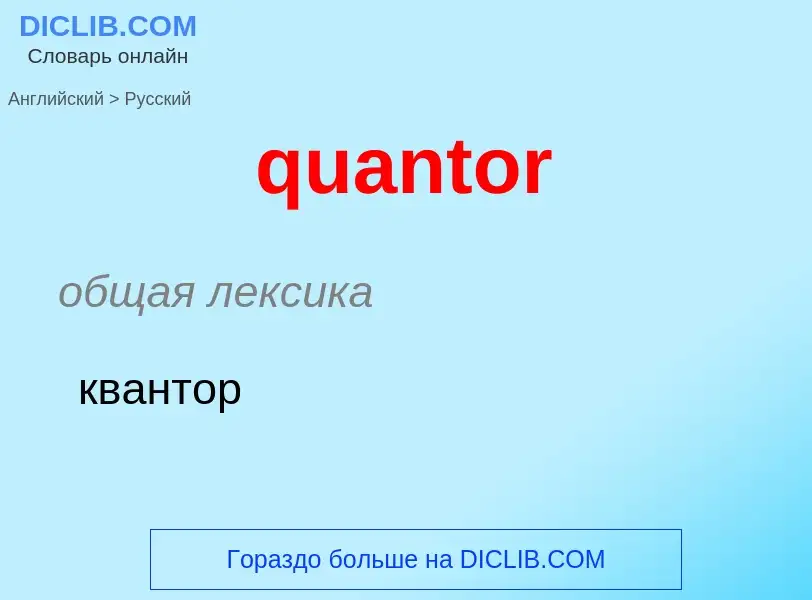Tradução e análise de palavras por inteligência artificial ChatGPT
Nesta página você pode obter uma análise detalhada de uma palavra ou frase, produzida usando a melhor tecnologia de inteligência artificial até o momento:
- como a palavra é usada
- frequência de uso
- é usado com mais frequência na fala oral ou escrita
- opções de tradução de palavras
- exemplos de uso (várias frases com tradução)
- etimologia
quantor - tradução para russo
общая лексика
квантор
математика
логический квантор
quantor, quantifier
Definição
Wikipédia
Ranitidine, sold under the brand name Zantac among others, is a medication used to decrease stomach acid production. It is commonly used in treatment of peptic ulcer disease, gastroesophageal reflux disease, and Zollinger–Ellison syndrome. It can be given by mouth, injection into a muscle, or injection into a vein. In September 2019, the probable carcinogen N-nitrosodimethylamine (NDMA) was discovered in ranitidine products from a number of manufacturers, resulting in recalls. In April 2020, ranitidine was withdrawn from the United States market and suspended in the European Union and Australia due to these concerns. In 2022, these concerns were confirmed in a nationwide population study "ranitidine increased the risk of liver", lung, gastric and pancreatic cancer by 22%,17%, 26% and 35%, respectively. It increased overall cancer risk 10%, p < 0.001.
Common side effects include headaches and pain or burning if given by injection. Serious side effects may include cancer, liver problems, a slow heart rate, pneumonia, and the potential of masking stomach cancer. It is also linked to an increased risk of Clostridium difficile colitis. Ranitidine is an H2 histamine receptor antagonist that works by blocking histamine, thus decreasing the amount of acid released by cells of the stomach.
Ranitidine was discovered in England in 1976, and came into commercial use in 1981. It is on the World Health Organization's List of Essential Medicines. It is still available as a generic medication via the internet. It has been withdrawn at regulator request from most markets, including the United States; it has been discontinued globally, according to the NHS. By 2020, it was the 177th most commonly prescribed medication in the United States, with more than 3 million prescriptions, vs nearly 19 million 2 years earlier.

![Zantac 300 mg tablets from [[GlaxoSmithKline]] (GSK) Zantac 300 mg tablets from [[GlaxoSmithKline]] (GSK)](https://commons.wikimedia.org/wiki/Special:FilePath/Zantac.jpg?width=200)
![[[Augustus De Morgan]] (1806-1871) was the first to use "quantifier" in the modern sense. [[Augustus De Morgan]] (1806-1871) was the first to use "quantifier" in the modern sense.](https://commons.wikimedia.org/wiki/Special:FilePath/De Morgan Augustus.jpg?width=200)

